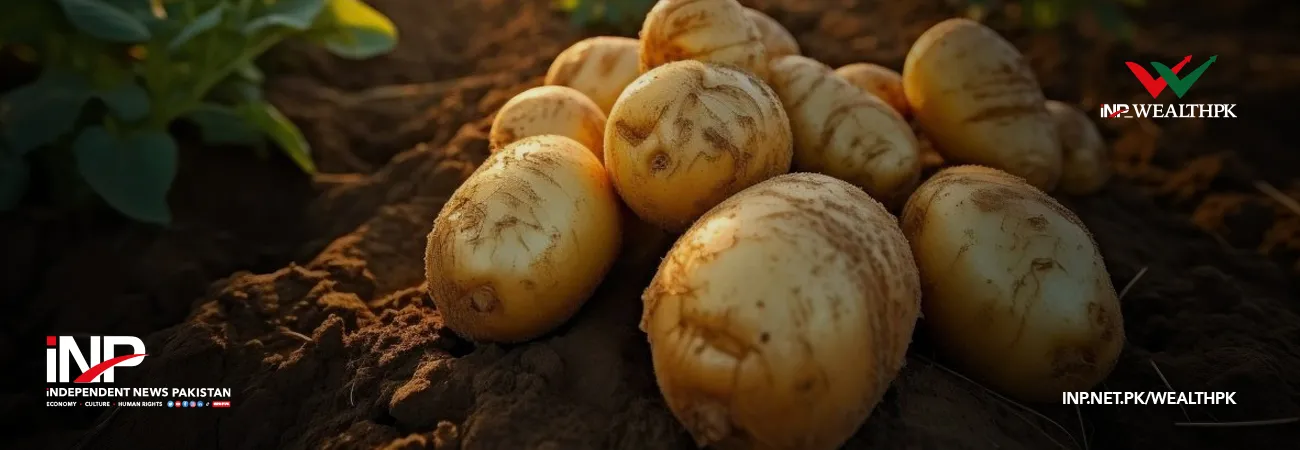INP-WealthPk
Ayesha Saba
The BRI has ushered in a new era of international cooperation and connectivity, and central to this ambitious initiative is people-to-people collaboration, said Director General of the Higher Education Commission (HEC) of CPEC Dr Safdar Ali Shah while talking to WealthPK. He said through cultural exchanges, educational initiatives, economic integration, and joint efforts in sustainable development, both nations had recognized that the strength of their partnership lay in the connections forged between their people. “Human resources and workforce development become increasingly important as industrialization gains momentum. The people-centric business models recognize that the skills, knowledge, and creativity of individuals are critical assets,” he said. “There will be a growing need for a skilled workforce that can adapt to the evolving technologies and market demands. This transition calls for a workforce that is not only technically proficient but also well-rounded, culturally aware, and capable of international collaboration,” he said.
“If we collaborate with China in human capital development, then people who go there to learn any technology will acquire expertise in their advanced studies and technology, thereby enhancing the HDI (human development index) of both nations,” he viewed. The primary objective of an exchange program between the two countries is skill development. Both sides should collaborate on university-industry connections. “Educational cooperation emerging in Pakistan is the need of the hour; therefore, China has extended help in this perspective as well. Beijing is offering scholarships, vocational training, and Chinese language courses to Pakistani youth and providing them with opportunities for academic and research collaboration,” he said. “Approximately, 32,000 Pakistani students are studying in China and most of them have attained scholarships. Almost one in three students from Pakistan is the beholder of a scholarship. So far, 193 students have been awarded scholarships under the Chinese Govt Scholarship Programme, including 40 in 2019, 58 in 2020, 59 in 2021, and 36 in 2022,” he added.
Talking to WealthPK, Senior Trade Economist at the Central Asia Regional Economic Cooperation Institute (CAREC), Asian Development Bank Dr Ghulam Samad said, “The rich and diverse cultural heritage of both the countries offers a wealth of opportunities for exchange. From language programs to art exhibitions and traditional music performances, cultural initiatives create bridges between people that transcend political and economic boundaries. These connections serve as the bedrock of a resilient and sustainable partnership.” “To harness this potential fully, both the countries need to overcome challenges and commit to fostering these invaluable connections. By investing in people-to-people exchanges, they can ensure that the CPEC benefits are not only economic but also cultural, educational, and interpersonal,” he suggested.
Credit: INP-WealthPk













